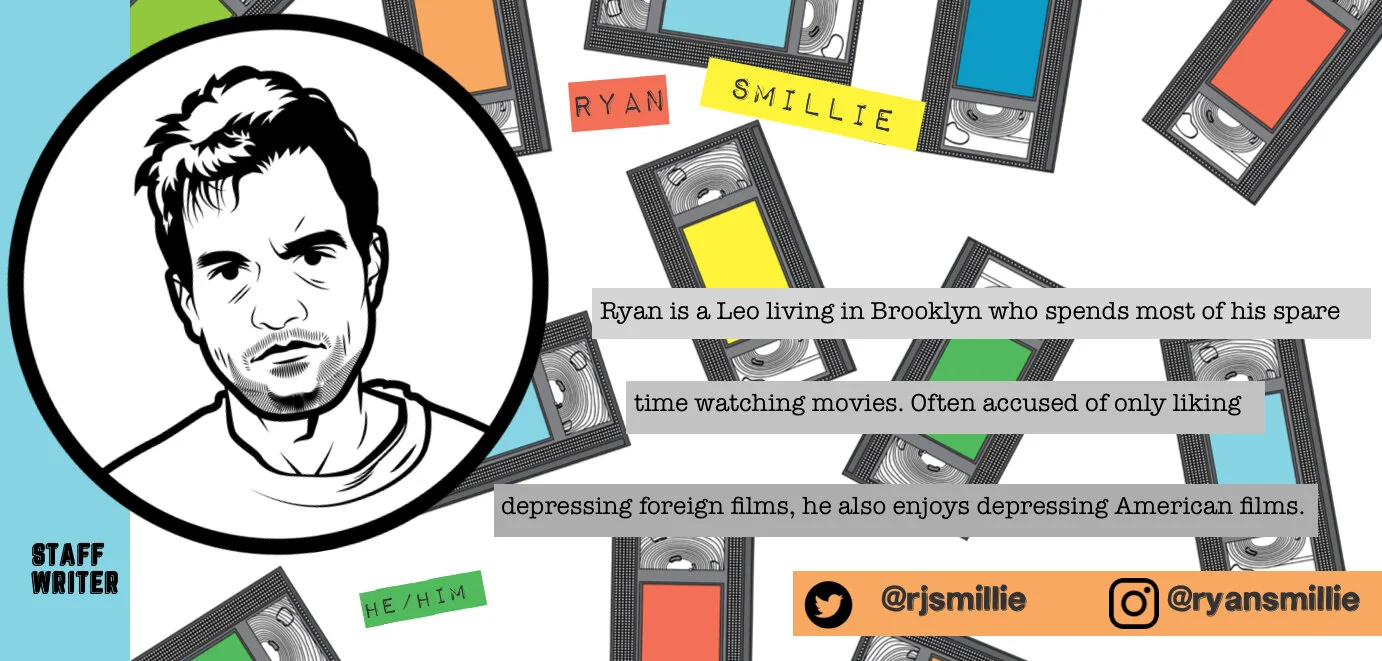NIGHT OF THE KINGS is an epic at heart, but not in execution
Written and Directed by Philippe Lacôte
Starring Bakary Koné, Isaka Sawadogo, Steve Tientcheu
Rated R for some violent material, language and nudity
Runtime: 1 hour 33 minutes
In theaters Feb. 26, and digital rental./purchase March 5
by Ryan Smillie, Staff Writer
The MACA prison sits at the edge of the Banco Forest on the outskirts of Abidjan, the largest city and de facto capital of Côte d’Ivoire, but in Philippe Lacôte’s Night of the Kings, it might as well be another world. Here, the inmates roam the grounds freely, their hierarchies and customs supplanting the authority of the guards. Barbe Noire (Steve Tientcheu), the imposing prisoner running MACA from the inside, finds his power challenged by an impudent faction of inmates and his own waning health. That doesn’t stop him, however, from forcing a newly-arrived pickpocket (Koné Bakary) to become the prison’s new “Roman,” a storyteller whose survival depends on his tale. Inspired by his childhood visits to his imprisoned mother, Lacôte’s MACA is complex and richly observed, and Roman’s story weaves together the prisoners’ experience, Ivorian politics and West African storytelling traditions. Though immersive and compelling, Night of the Kings winds up being too dense for its too-short runtime.
From the beginning, as the camera drops from the treetops to watch Roman’s entry into the crowded prison, Night of the Kings’s atmosphere is hectic and menacing. Without much exposition, we’re immediately aware of the danger awaiting Roman as a mob presses and yells against the prison’s bars, Barbe Noire’s leadership is threatened, and a mass of prisoners gang up to torment a gender noncomforming inmate. It doesn’t take long for Barbe Noire to turn this torment towards Roman and to force him into this storytelling role.
Though raised by a griot aunt and thus a likely inheritor to the oral tradition, Roman struggles to make sense of his duty as he begins to tell the story of the recent death of notorious gang leader Zama King. Oblique warnings from other prisoners don’t impress upon Roman the urgency of his story until the nearly mute Silence (Denis Lavant) reveals that Roman will be killed unless he can make his story last until sunrise. Heeding Silence’s advice, Roman circles back, creating a backstory for Zama King that reaches back to pre-colonial Côte d’Ivoire and is infused with mythology and the supernatural.
Compared to the dark and cramped MACA, the world of Roman’s story is vivid and open. Blind beggars cross paths with royalty, an Instagram hair sculptress (Laetitia Ky, whose hair is predictably a highlight) has a shapeshifting fight with her brother, and their costumes suggest an environment not out of time, but where all times exist at once. These fantastic elements exist alongside real Ivorian political developments, where contested elections and succession disputes lead to instability, poverty, and civil war. And while Lacôte brings these scenes to life in captivating shots, he also cuts back to the prison, where the enraptured audience will play off of Roman’s narration, breaking into song or illustrating his plot through dance.
At its heart, this Ivorian Arabian Nights is an epic, which is why it’s unfortunate that the movie is so short. The power struggle in the prison feels urgent, and Roman’s ever-expanding story grows more fascinating as it goes on. But together, the two fight for dominance of the movie, with neither side ever reaching a satisfying conclusion. It’s easy to imagine the three-hour version of Night of the Kings, where Lacôte can have more fun with the interplay between the story and its being told, and where he can explore the complexities of the prison dynamics more thoroughly. But ultimately, Night of the Kings left me disappointed, not in any one element of the film itself, but that there wasn’t more of everything.


